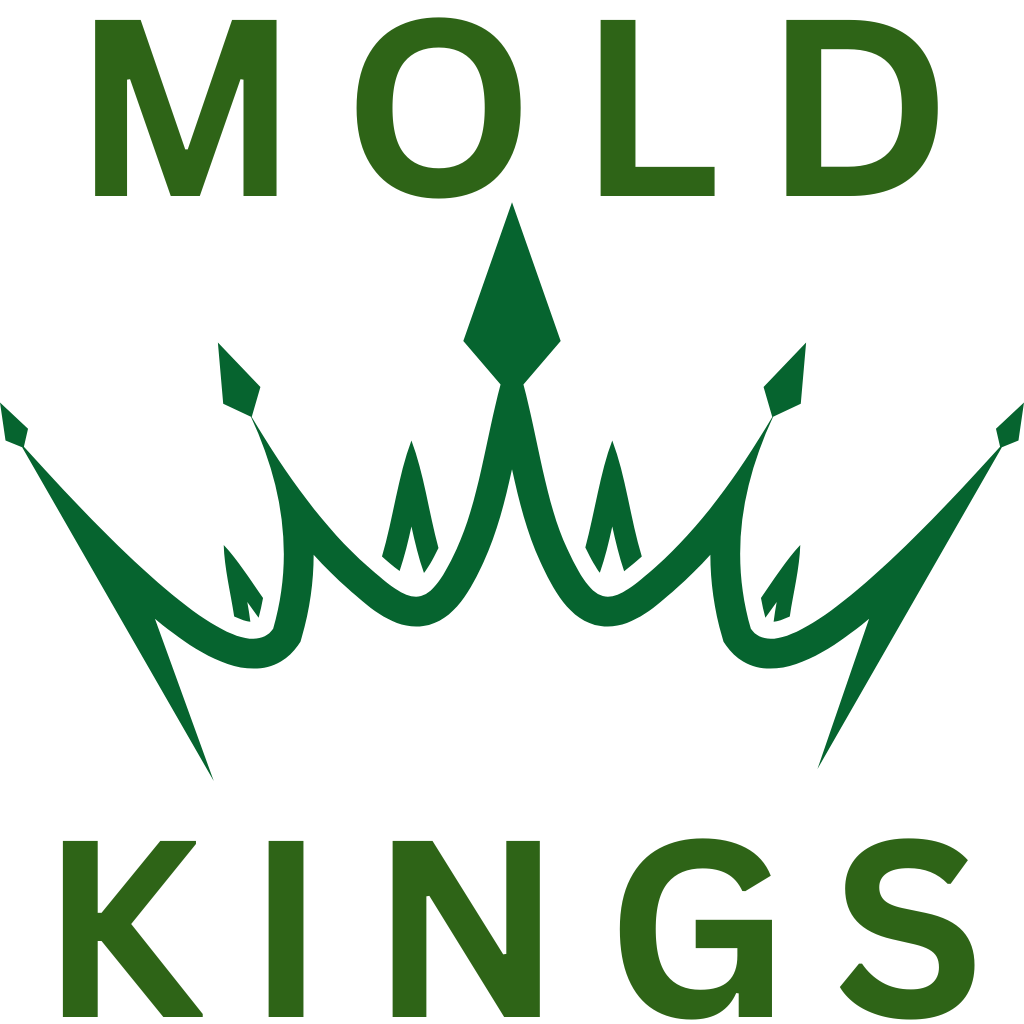#1 Mold Prevention in Florida
Professional Mold Prevention
At The Mold Kings, we offer professional Mold Prevention services across Florida to help keep your property safe and healthy. Our trained experts use advanced tools to find moisture problems and stop mold before it starts. We check areas like walls, ceilings, bathrooms, and basements to make sure your home stays dry and mold-free. Whether you’re moving into a new home, planning upgrades, or just want peace of mind, our team provides thorough inspections and easy-to-understand reports. Count on TheMoldKings to protect your home from mold and help keep your space clean and strong.
Why Choose Our Mold Prevention Services
Certified Mold Prevention Experts
Our trained Mold Prevention professionals use industry-approved methods to completely remove mold and prevent regrowth.
Fast Response
We understand Mold Prevention emergencies can't wait. Our team responds quickly to assess and resolve your issue.
Thorough Process
From Inspection to Testing, we follow strict protocols to ensure your space is safe and mold-free.
